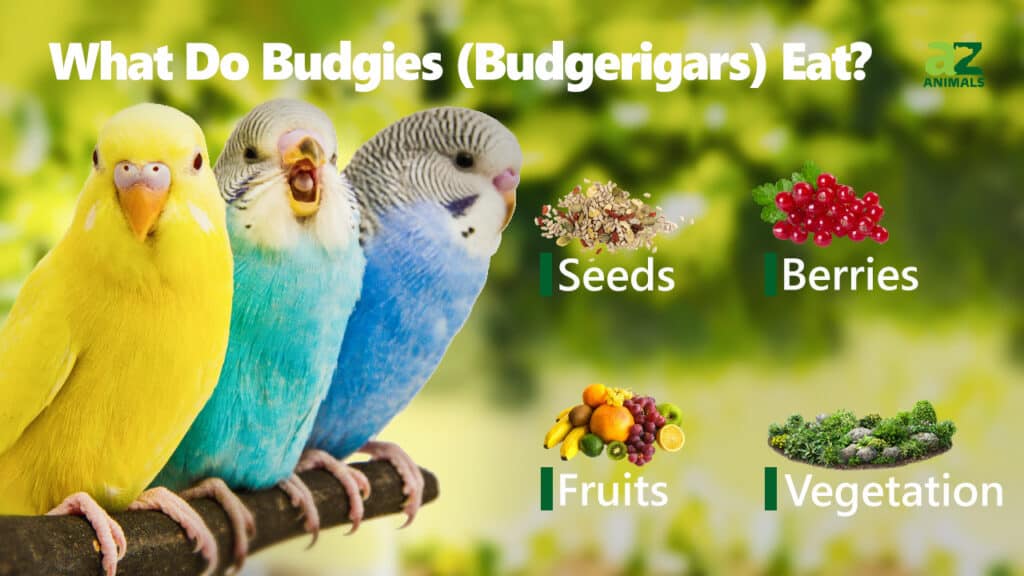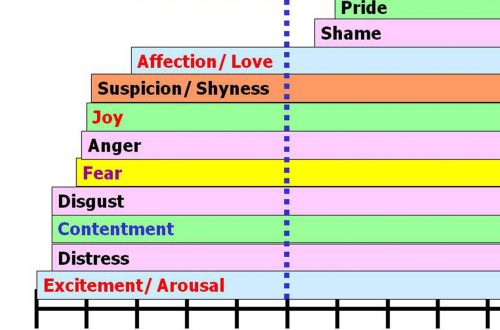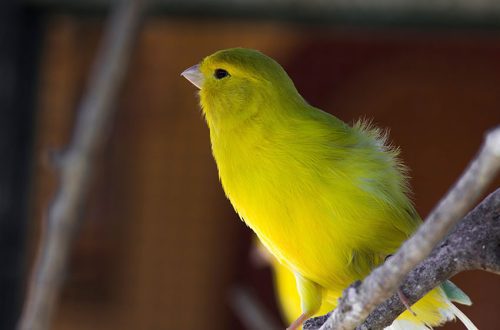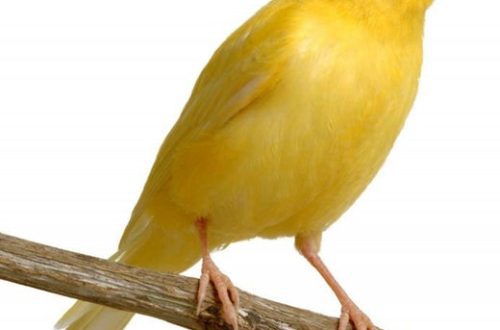
What to feed budgerigars?
Budgerigars are amazingly beautiful birds that are unpretentious and do not require complex care. The most important thing is to organize the right diet, because their health will depend on it!
What to feed budgerigars? The choice of “dishes” for the pet is varied. They love vegetables, fruits and herbs, but grains are the basis of the diet.
Contents
- Grain
Almost any pet store sells special grain mixes for parrots. It is better to choose food in transparent packaging, so you can evaluate the quality. And from opaque packages, you need to choose those in which the grains are stored in a vacuum (without air and other gases). Otherwise, be prepared for the fact that the products may not be of the best quality or even moldy.
If you want to combine food yourself, use only high-quality millet and oats. Grains are the basic food for birds, they determine the proper functioning of the digestive system, so the pet should always have access to them. The following ratio is recommended:
- yellow millet – 50%;
- red – 25%;
- white – 15%;
- oats (peeled) – 10%.
In the process of determining what to feed a budgerigar at home, one must remember that sprouted grain must be included in the diet: it contains useful vitamins E and B2. You can easily cook it yourself. To do this, you need to put the grains on the bottom of the container (in one layer) and pour warm water so that it covers the grains a little. It will be great if you can renew the liquid in the tank and rinse the grain every four hours. After a couple of days, sprouts will be visible, they will be tiny – only 2 mm in length, but it is at this stage that the grains are most useful for parrots. Rinse and dry before feeding.
Make sure that they do not become moldy and do not overgrow, as such sprouts lose their valuable properties.
What else can you feed a budgerigar? First of all, these are vegetables, fruits and herbs. Often young birds are wary of such food, but if you cut vegetables and fruits into small pieces or pass them through a grater, your pet will definitely appreciate them!
Before feeding, be sure to rinse the fruits and greens with running water!
- Vegetables
Parrots love them very much, and still: it is tasty and healthy! They contain many vitamins and minerals, as well as fiber, so you should include such foods in your diet throughout the year.
Vegetables such as carrots, fresh cucumbers, tomatoes, beets, zucchini, etc. will be useful for your pet. You can also feed parrots with turnips and various types of cabbage, but first you need to pour boiling water over them.
- Greens
Do not feed dill, green onions, eggplant, tomatoes, potatoes, etc. to birds – these greens are harmful to them!
When you’re planning how best to feed your budgerigar, be careful with the parsley. It only works in small quantities. But horse sorrel, arugula, celery (not roots), tops of carrots and radishes can and should be included in the diet! In the summer, pamper the birds with strawberries (both berries and leaves will go with a bang), plantain, clover leaves and flowers, etc. Plants for feeding a parrot should be collected away from roads and factories, in areas with clean healthy soil.
Spinach can also be added to the diet, but not much, and if the bird does not have kidney pathology.
If your house has indoor plants or flowers in bouquets, do not let the parrot eat them: they are dangerous!
So that the pet does not lack greenery during the winter months, you can grow cereals and vegetables at home right on the windowsill. It’s easy and the benefits are huge!
- Fruit
Among other things, feed budgerigars at home should be fruits and berries. It is recommended to include in the diet bananas, apples and pears (the seeds and the core must first be removed), peaches, pineapples, kiwi, peeled oranges, tangerines and lemons, as well as some grapes. Of the berries, pitted cherries, raspberries, strawberries, strawberries will be useful. You can also feed melon and watermelon to your pets, but it is better in the summer season.
In the winter months, include dried fruits in the parrot’s diet: raisins, dried apricots (steamed), dates, etc., as well as frozen berries, for example, lingonberries and blueberries are useful.
You can not feed the birds persimmons, mangoes, papaya, avocados, as well as any nuts!
You can already see how varied the diet is, but that’s not all! They will be happy to taste porridge, boiled or steamed in boiling water. It should be cooked only on water, you can not add oil, salt and sugar. Use only high-quality cereals, and never feed your parrot instant porridge, which contains additives harmful to birds.
The last key point in the question of what you can feed budgerigars is mineral supplements, which should always be freely available in the pet’s cage. So what is it like and what is its use? For example, chalk saturates the body with calcium, mineral stones containing iodine and seaweed provide useful trace elements, sepia is used by parrots to sharpen their beaks, organic sand allows you to control the state of the digestive system (it should be given no more than once a week), etc.
Choose only special quality top dressings and in no case use inorganic sand, this will harm the bird!
Ready-made quality balanced food for budgerigars is another way to organize the ideal diet. Their composition is carefully selected for the needs of the pet, and you do not need to purchase additional vitamins and mineral supplements.
So, now we know how to feed a budgerigar, what can and cannot be eaten. If you want to please your pet with a new delicacy, but you do not know if it is possible to give it, or if you have any questions about mineral supplements, be sure to consult a specialist!
Now it may seem that there is a lot of information and it is easy to get confused in it, but in practice you will easily learn it. May your parrot always be full and happy!





